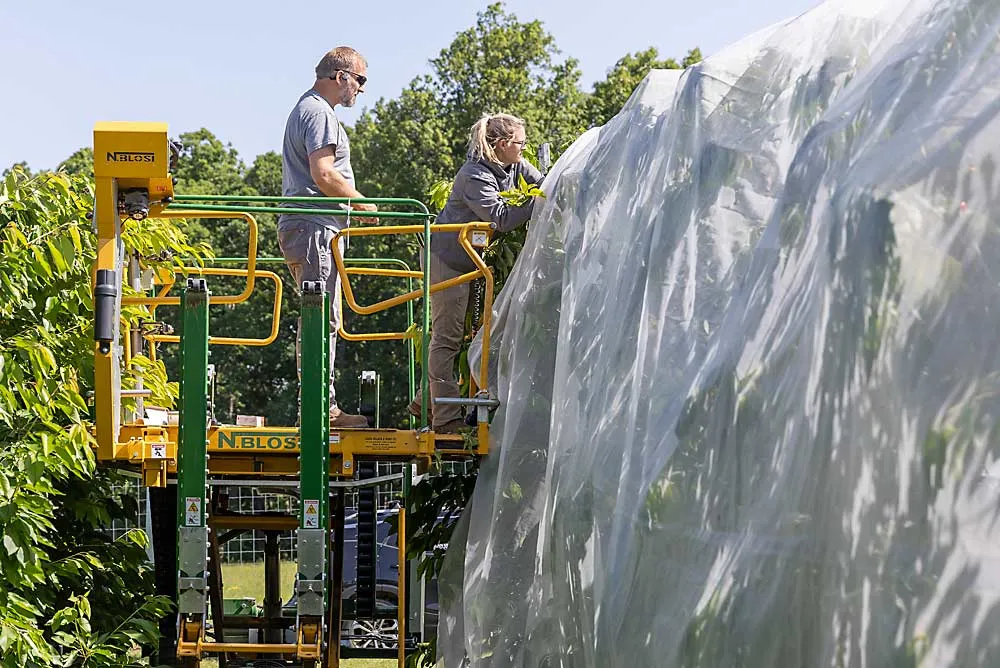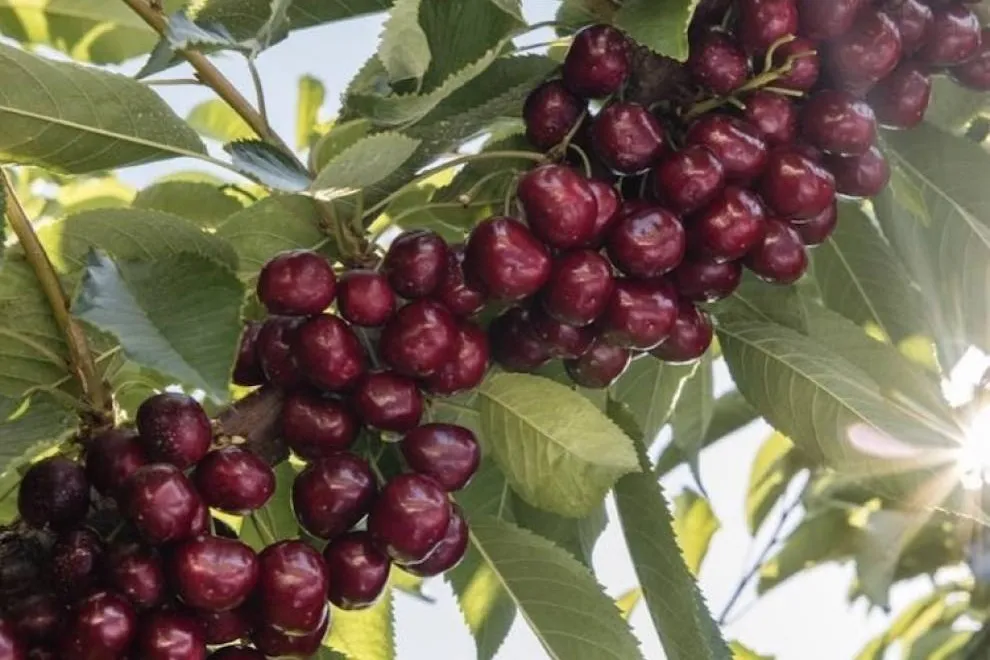Temperature is one of the main environmental factors limiting plant growth, development and yield. One of the main abiotic stress factors that limit plant distribution, crop production and influence the suitability of locations for orchard planting is low temperature conditions.
Frosts can cause considerable economic losses and, therefore, limit the presence of orchards in areas subject to these phenomena. Differential Thermal Analysis (DTA) is a method often used to assess the cold resistance of plant organs to survive cold temperatures.
For example, flowers are mounted on thermoelectric modules and subjected to cooling temperatures to perform DTA. The water inside the biological tissue is supercooled and solidifies, releasing heat that is detected as low temperature exotherm (LTE). This is assumed to be equivalent to the temperature at which embryos suffer lethal damage.
The only critical aspect of this method is that the analyses must be carried out in the laboratory, and the timing and transport protocols can influence the values obtained. A more complete understanding of the comparison between lethal temperature measurements obtained through controlled freezing experiments with currently available instruments and those obtained with DTA is therefore needed.
The objectives of the study by the University of British Columbia and the Research and Development Centre in Summerland (Canada) were:
- to evaluate the impact of temperature, humidity and pre-test storage duration on the cold resistance of sweet cherry blossom buds measured over a period of time between 0 and 25 hours;
- to evaluate the impact of differences in DTA cooling rates on the cold resistance of measured cherry blossom buds;
- investigate the impact of various bud removal methods on the cold resistance of measured cherry blossom buds;
- compare cold resistance measurements obtained by DTA and controlled freezing tests.
As evidenced by the production of low-temperature exotherms at warmer temperatures, researchers found that buds stored at warmer temperatures (12.5 °C and room temperature) for 2-6 h prior to differential thermal analysis or transported to the laboratory in a humid environment underwent biologically relevant alterations in their apparent cold sensitivity.
Through numerous tests, the researchers realised that the speed at which the temperature was lowered to achieve the low temperature exotherms also significantly influenced the results. It was seen that higher values corresponded to faster cooling. In general, the obtained low-temperature exotherms were similar between the buds, although the amount of plant material remaining attached to the base of the bud varied.
The results of this study indicate that measures of cold resilience obtained from DTA and controlled freezing experiments are generally comparable. The results of this study are relevant for researchers interested in performing cold hardiness measurements in sweet cherry. They emphasise the importance of maintaining consistency in DTA pre-test conditions and bud preparation in order to obtain reliable and comparable results between studies.
Source: Elizabeth Houghton, Kirsten Hannam, Denise Neilsen, and Louise M. Nelson. 2024. Factors that influence measurements of sweet cherry (Prunus avium) flower bud cold hardiness obtained using differential thermal analysis. Canadian Journal of Plant Science. 104(3): 204-216. https://doi.org/10.1139/cjps-2023-0087.
Image: Canadian Science Publishing
Melissa Venturi
University of Bologna (IT)
Cherry Times - All rights reserved










